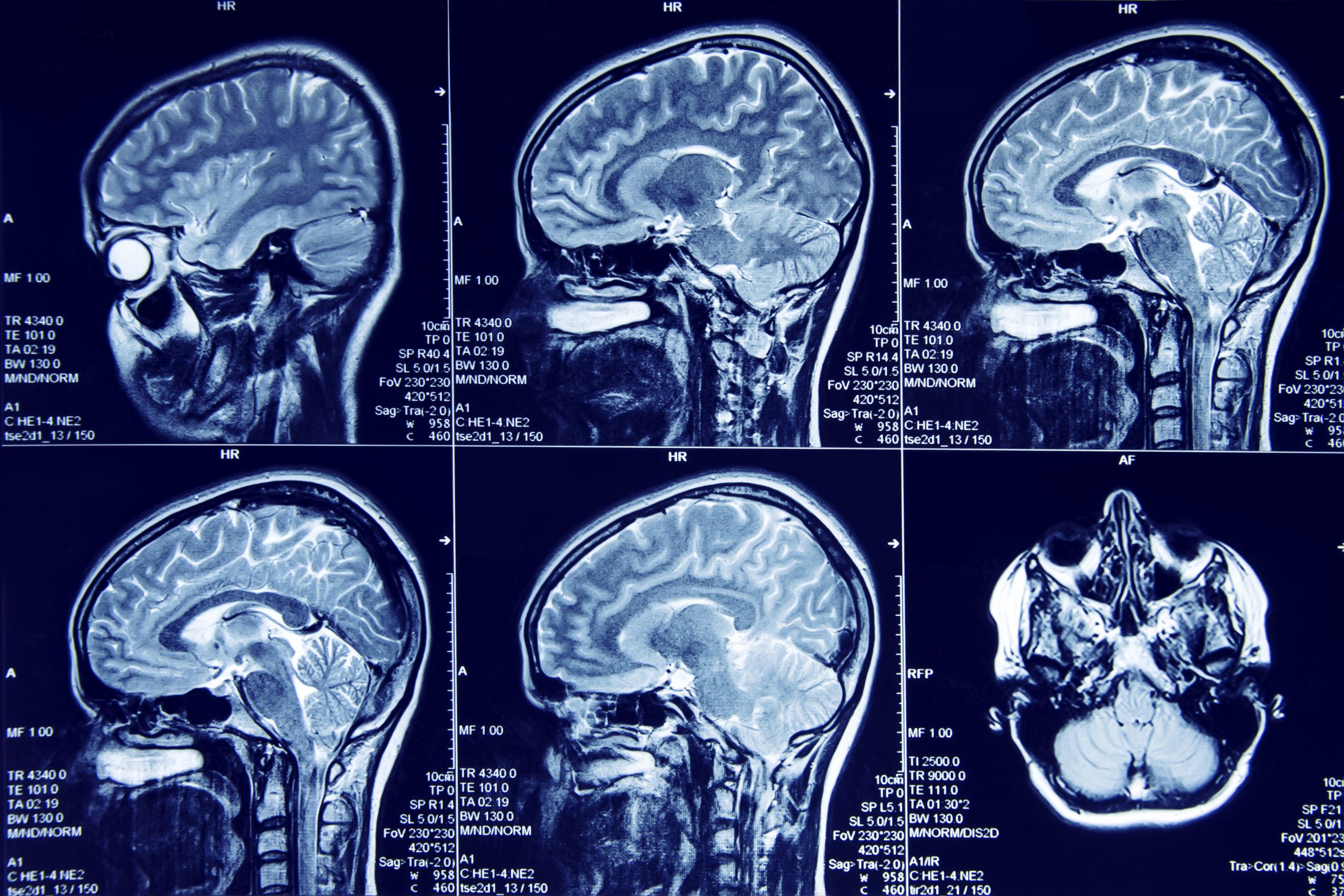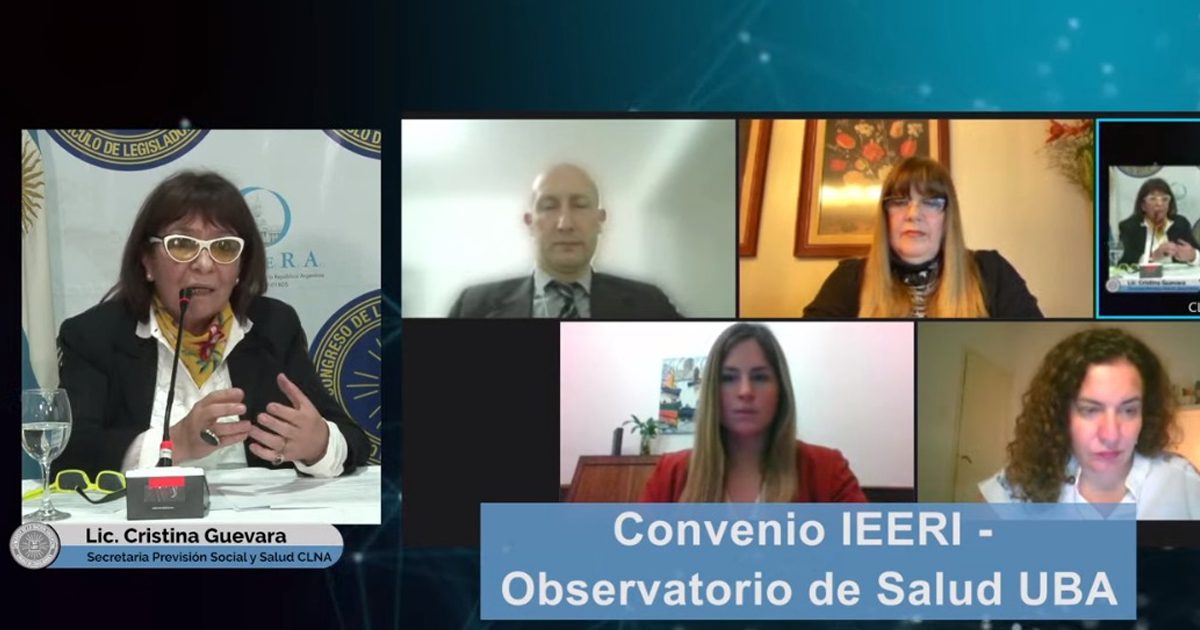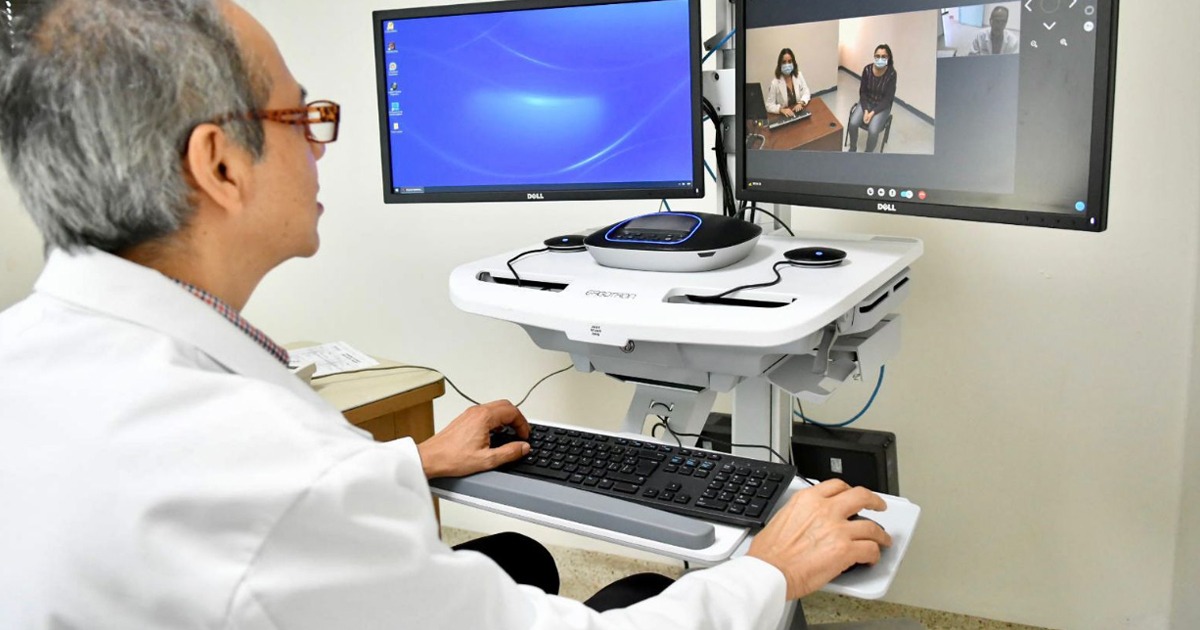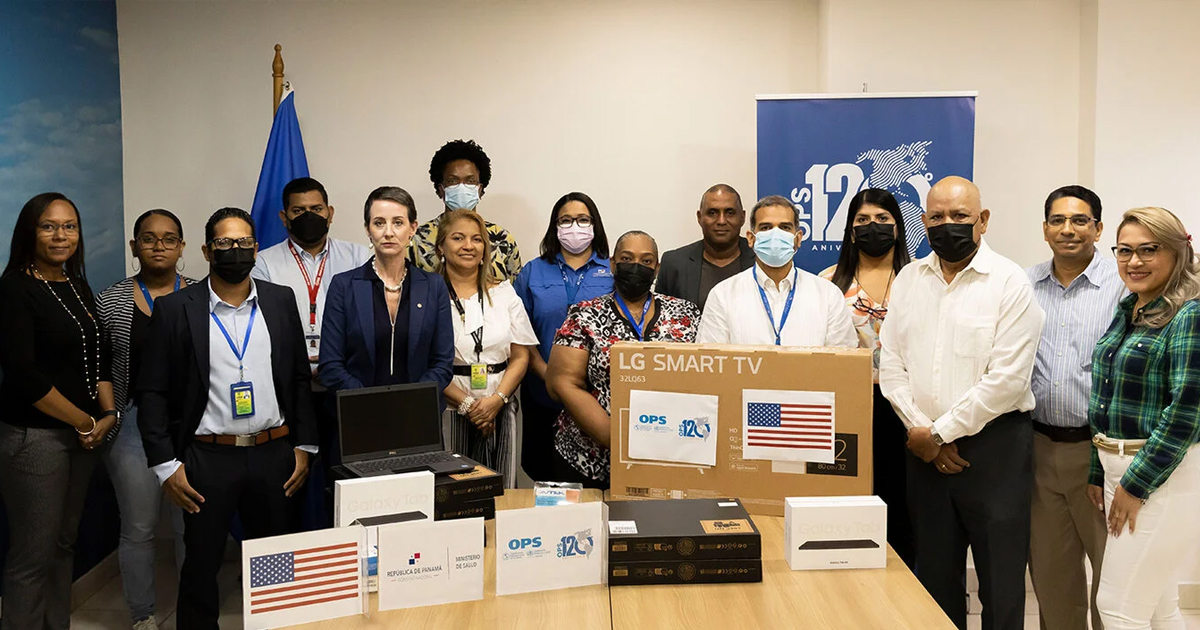Researchers in the UK found that a class of antibiotics called aminoglycosides could function as a treatment for dementia.
Aminoglycose may work as a new treatment for frontotemporal dementia. The results of the research were published in Human Molecular Genetics, thanks to a collaboration between the University of Kentucky, the UK Department of Molecular and Cellular Biochemistry and the Department of Pathology of UCSF (University of California at San Francisco).

Frontotemporal dementia is the second most common type of dementia after Alzheimer's, however, it is the most common type of early onset, as it usually begins between the age of 40 and 65. This disease mainly affects the frontal and temporal lobes of the brain, causing behavioral changes, difficulty communicating and memory impairment.
Haining Zhu, from the UK Department of Molecular and Cellular Biochemistry, discovered this finding, noting that after adding aminoglycosides antibiotics to neural cells with this mutation, they began to produce the full-length progranulin protein, which omitted the mutation.
“These patients' brain cells have a mutation that prevents progranulin from being made. The team found that by adding a small antibiotic molecule to the cells, they could 'trick' the cellular machinery into making it,” said Matthew Gentry, a co-author of the study and also a professor at the British institution.
Specifically, researchers found that two aminoglycosides antibiotics gentamicin and G418 were effective in fixing the mutation and producing functional progranulin. By adding molecules from these two antibiotics the cells affected managed to regain their progranulin level by 50 to 60%.
“If we can get the right resources and physician to work with, we could potentially repurpose this drug. This is an early stage of the study, but it provides an important proof of concept that these aminoglycoside antibiotics or their derivatives can be a therapeutic avenue for frontotemporal dementia,” said Zhu.






